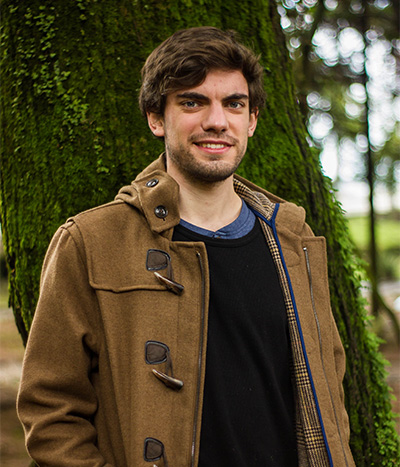First of all, I think that today the issue of nationalism is back in the limelight, not only in Europe, but in much of the world. For example, in Chile we are currently discussing whether or not we should be a plurinational country, which would imply recognizing the indigenous people of the territory. This has led to criticism, such as that the country could fragment and lose its sense of unity. It is therefore worth asking, what is it that unites a State and its population, and whether we are prepared to discuss the diversity of its members. In this sense, I see with concern how nationalist discourse is used at the political level in order to exclude those who “do not belong” to a certain place, without carrying out a deeper reflection in terms of identity. Therefore, the relevance of talking about this issue and its implications in the life of society and the church.

On the other hand, talking about identity is always a complex matter, and even more so if we have to define ourselves in those terms in a country that has different peoples and cultures. I could say that I am a Chilean from the south of Chile, with German roots (my name, my paternal origin, the school where I study, etc.) which differentiates me from a good percentage of the Chilean population in general.At the same time, I have my maternal origins on an island in the south of Chile, Chiloé, which is also somewhat particular for the Chilean context. Still, I identify with the Chilean idiosyncrasy, with its particular language and culture. I would then define myself as a Chilean, southern, with German and Chiloé roots.